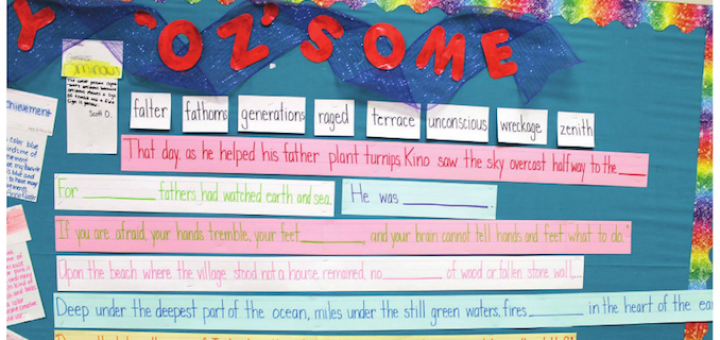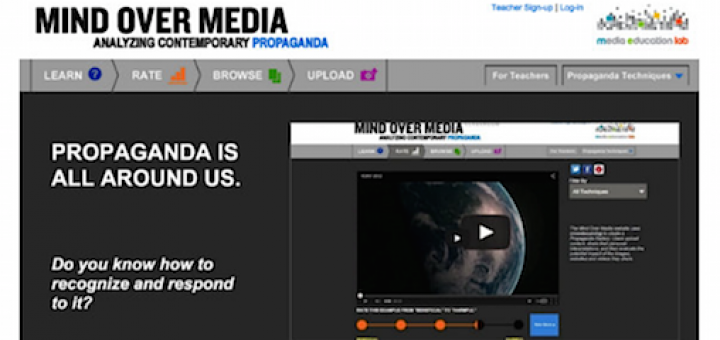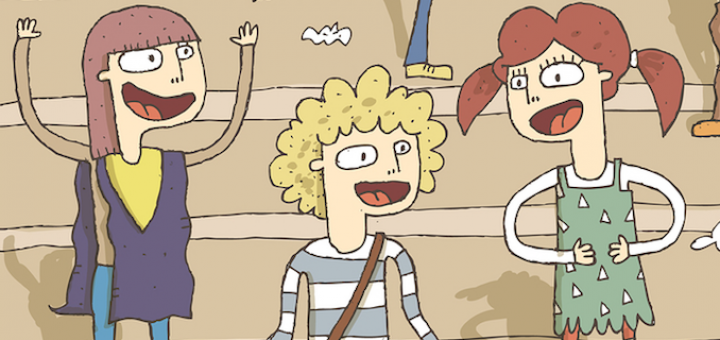The Gr-2 ELA Standard You May Need to Teach
For literacy consultant Sarah Tantillo, Reading Informational Text (RIT) Standard 2.1 is both essential and easy to learn. Yet she suspects many students well beyond Grade 2 haven’t mastered it. She shares a quick technique to teach this high-leverage skill in middle grades.


















